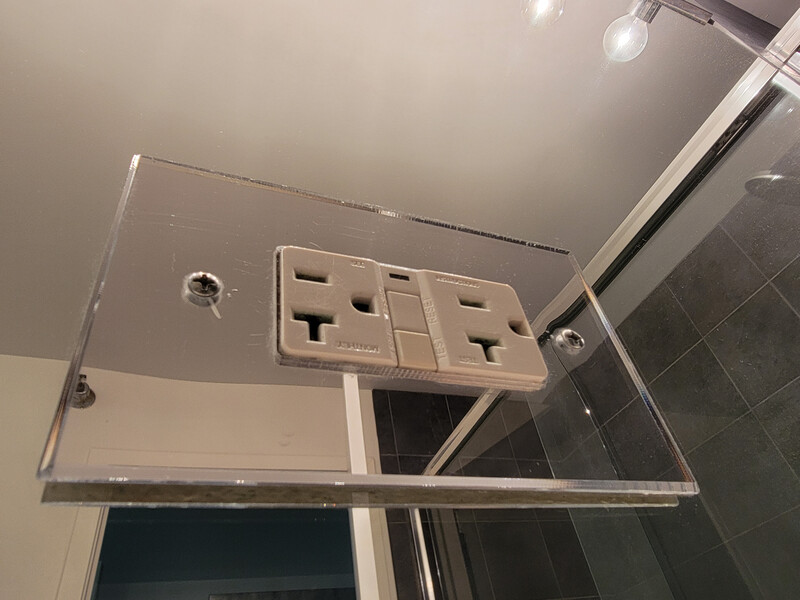- AppliancesElectriciansHVACLandscapingLocksmithPest ControlPlumbingRenovationRoofingT V RepairAll Home Improvement
- Car AccidentClass ActionCorporate LawCriminal DefenseDivorce LawEmployment LawFamily LawFinancial LawLegal AidMedical Injury LawyersMedical MalpracticeReal Estate LawWater Fire RestorationAll Legal
- InvestmentRetirementAll Finance
- Animal InsuranceAutoGeneral InsuranceHealth PolicyHome RentersAll Insurance
- DentalHealth SpecialistsAll Medical
- Animal CareVeterinaryAll Pets
- Auto GlassTowingAll Automotive
9 Tips for Maintaining Your Home's Electrical System
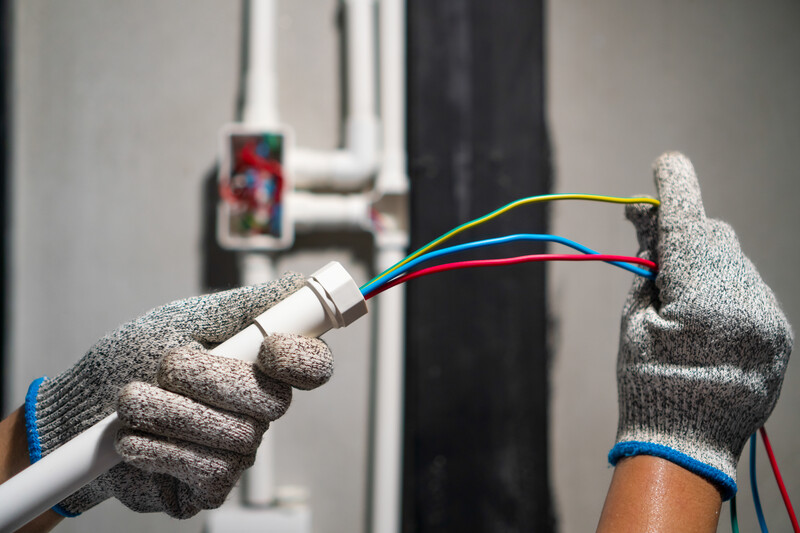
Whether you’re reading after dark, asking Alexa for the weather forecast or grabbing a cold beer from the fridge, you’re using your home’s electrical system. It's something you probably take for granted — until the lights go out — but you shouldn't.
For worry-free enjoyment of your home’s modern conveniences (and essentials), practicing proper electrical maintenance is crucial. Here are nine tips for keeping your home’s power up and running smoothly.
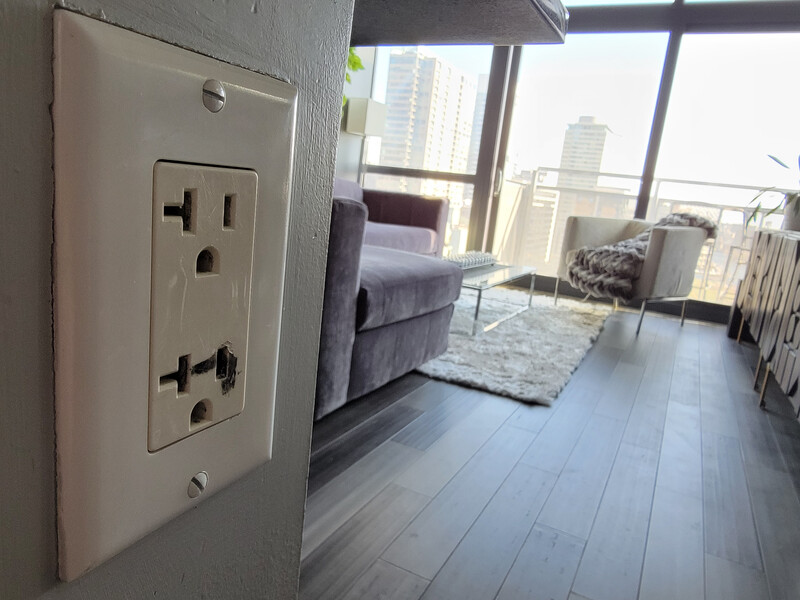
Regular visual inspections of your electrical equipment can help you spot signs of trouble so you can address issues early. Check your circuit breaker, outlets and wall switches for loose connections, chewed wires, burn marks, and other signs of wear and tear.
For a more thorough inspection, purchase a multimeter at your local home improvement store. These inexpensive devices let you measure the current and voltage of your outlets and power cords so you can more easily detect problems with your electrical system.
Better yet, invest in a yearly professional inspection. Besides spotting obvious problems, a licensed electrician can check components you can’t — or shouldn’t — access on your own, such as wiring in the walls.
2. Get Rid of Dust
An accumulation of dust, dirt and other debris on your circuit breaker and outlets can reduce their energy efficiency. To clean them, grab a dry, lint-free cloth and gently wipe away any buildup.
Don't forget your appliances. Dusting your microwave, computer and fridge (especially around the coils) is also an important part of electrical system maintenance. Too much dust can keep appliances from cooling properly, which can cause them to overheat and potentially short-circuit your electrical system or cause a fire.
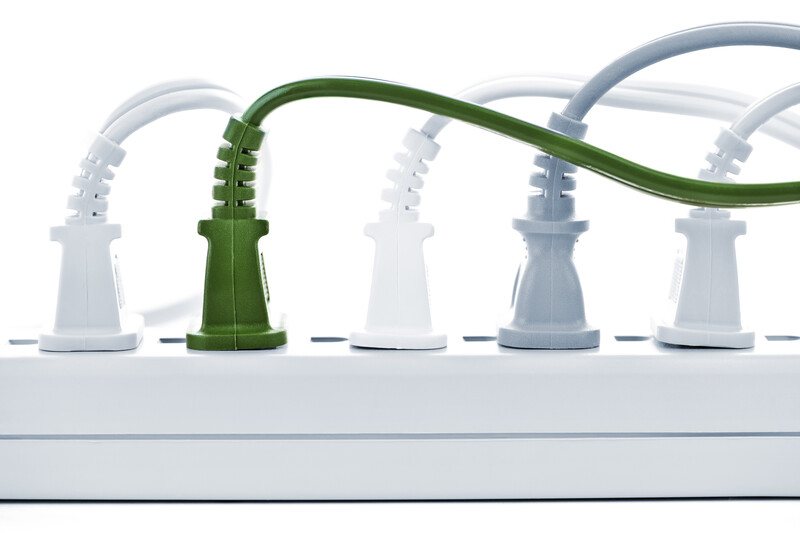
Plugging too many devices into an outlet can overload it, tripping the circuit and potentially damaging your wires. Overloaded circuits can even cause electrical fires.
If you’re always scrambling to find places to plug in your appliances, purchase power strips, which can safely increase your outlet space. Better yet, invest in surge protectors to help protect your appliances from damage caused by power surges.
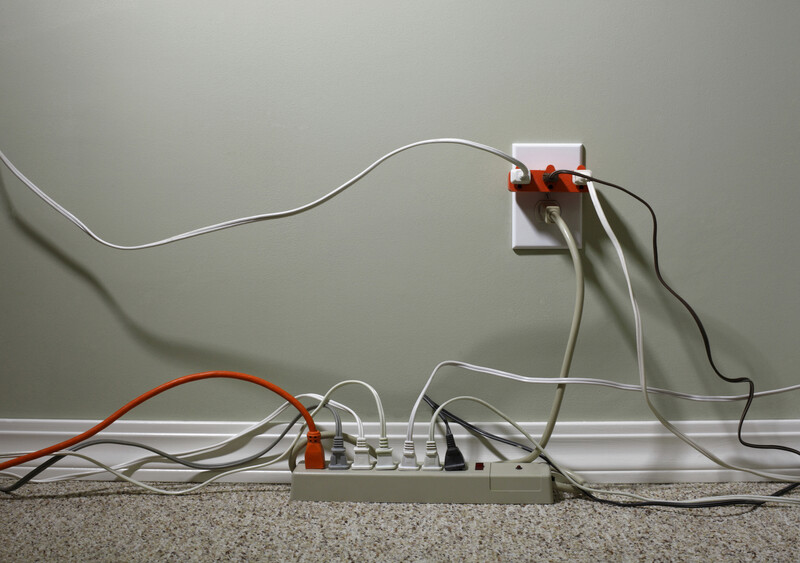
4. Practice Power Cord Safety
From your laptop to your lamps, power cords are everywhere, and they should be handled properly. The same holds true for extension cords.
Although insulation cushions the sensitive wires within power cords, they can still be crushed by furniture or foot traffic. To avoid damage, never place cords under furniture or carpets, and never staple them in place. Store them safely when they aren't being used.
You should also check your electrical cords regularly to make sure they’re in good condition. If a cord is frayed or damaged, repair or replace it immediately.
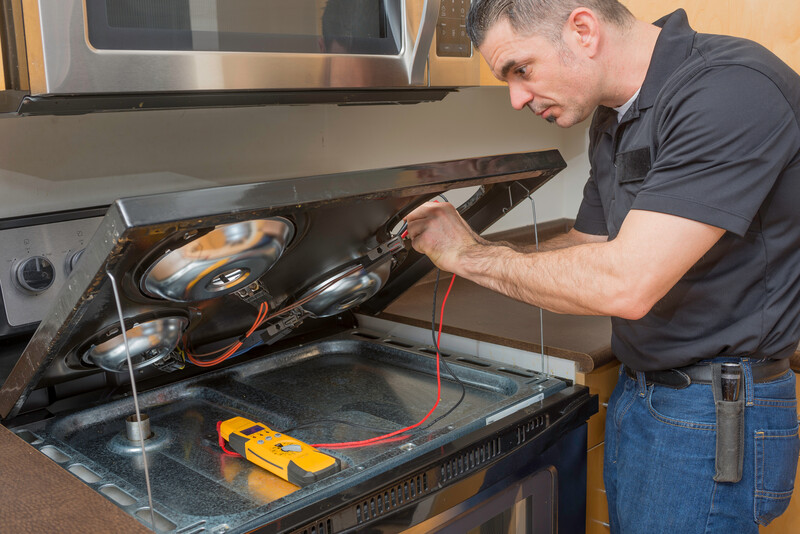
5. Monitor Appliances
Poorly functioning appliances can cause wear and tear on your electrical system, so it's important to monitor them for problems. For optimal performance, all appliances should be securely plugged into an outlet that can accommodate their power needs, and when they aren't in use, unplug them. Your appliances should also have adequate room for ventilation to prevent overheating. Inspect them regularly and follow the manufacturer's recommended maintenance schedule.
6. Keep Water and Electricity Separate
Water and electricity are a dangerous combination and can cause electrocution. Unless an appliance is specifically designed to be used in wet conditions, such as a wet vac, keep all electric-powered items safely away from water. No exceptions.
More Related Articles
- How Do I Tell If an Electrical Issue Is Serious?
- Can One Bad Outlet Affect Others?
- How to Reset a GFCI Outlet
- What’s in My Electrician’s Van?
- 7 Ways to Save on Your Electric Bill
7. Invest in Ground Fault Circuit Interrupters (GFCIs)
GFCIs monitor current flow and shut down your outlets when the incoming and outgoing current flow differs. In doing so, they can reduce the risk of electrical fires and electrocution.
These inexpensive devices can be integrated directly into your electrical system or built into a power cord. They’re particularly important in areas where outlets may be exposed to moisture, such as bathrooms, kitchens and laundry rooms. Portable GFCIs may be used outdoors with gardening equipment and other plug-in power tools.
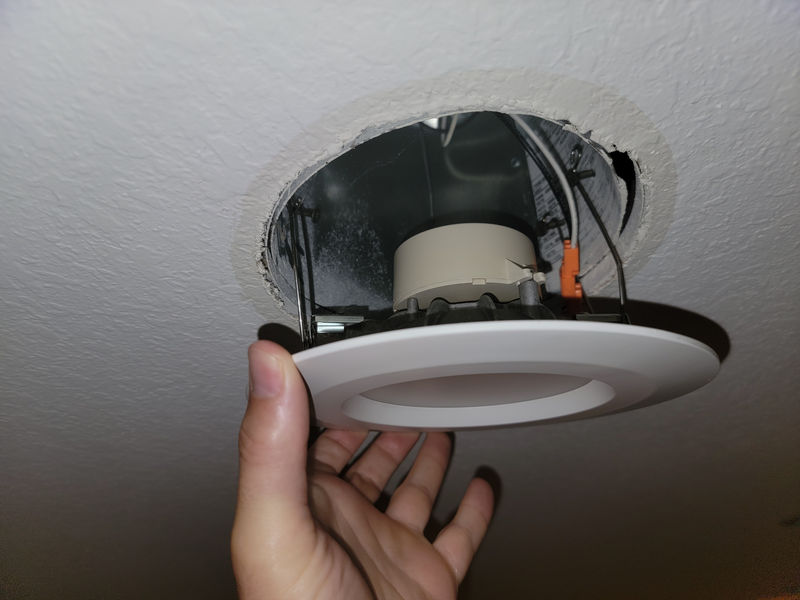
8. Recognize Signs of Trouble
If your lights are flickering or your outlets are buzzing, there could be a problem with your electrical system. Being vigilant to changes in the appearance, sounds and performance of your electrical system can be a great way to identify problems early.
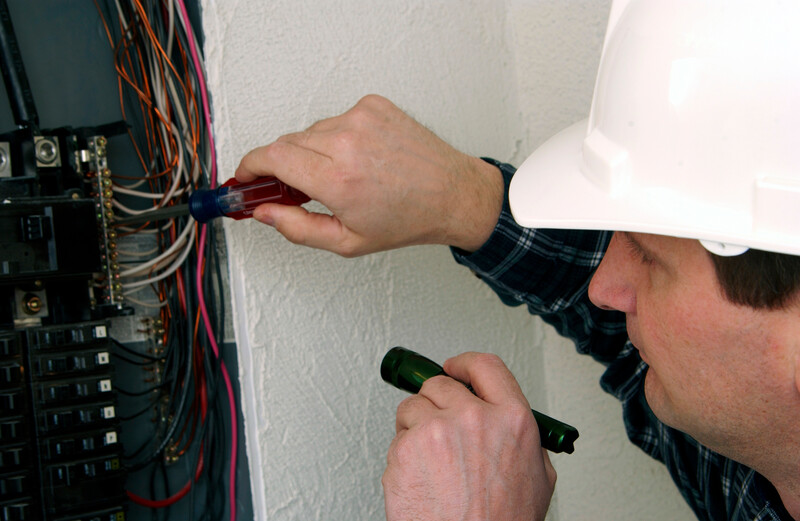
9. Call in a Pro
If your electrical system develops a problem, don't put off repairs. However, working with electricity is dangerous, so you should typically hire a pro for the job. Professional electricians are trained, licensed and insured, so they can execute repairs safely and efficiently, and if there is damage to your home, it'll be covered by their insurance.
Elocal Editorial Content is for educational and entertainment purposes only. Editorial Content should not be used as a substitute for advice from a licensed professional in your state reviewing your issue. Systems, equipment, issues and circumstances vary. Follow the manufacturer's safety precautions. The opinions, beliefs and viewpoints expressed by the eLocal Editorial Team and other third-party content providers do not necessarily reflect the opinions, beliefs and viewpoints of eLocal or its affiliate companies. Use of the Blog is subject to the
Website Terms and Conditions.The eLocal Editorial Team operates independently of eLocal USA's marketing and sales decisions.




